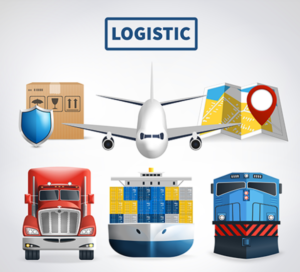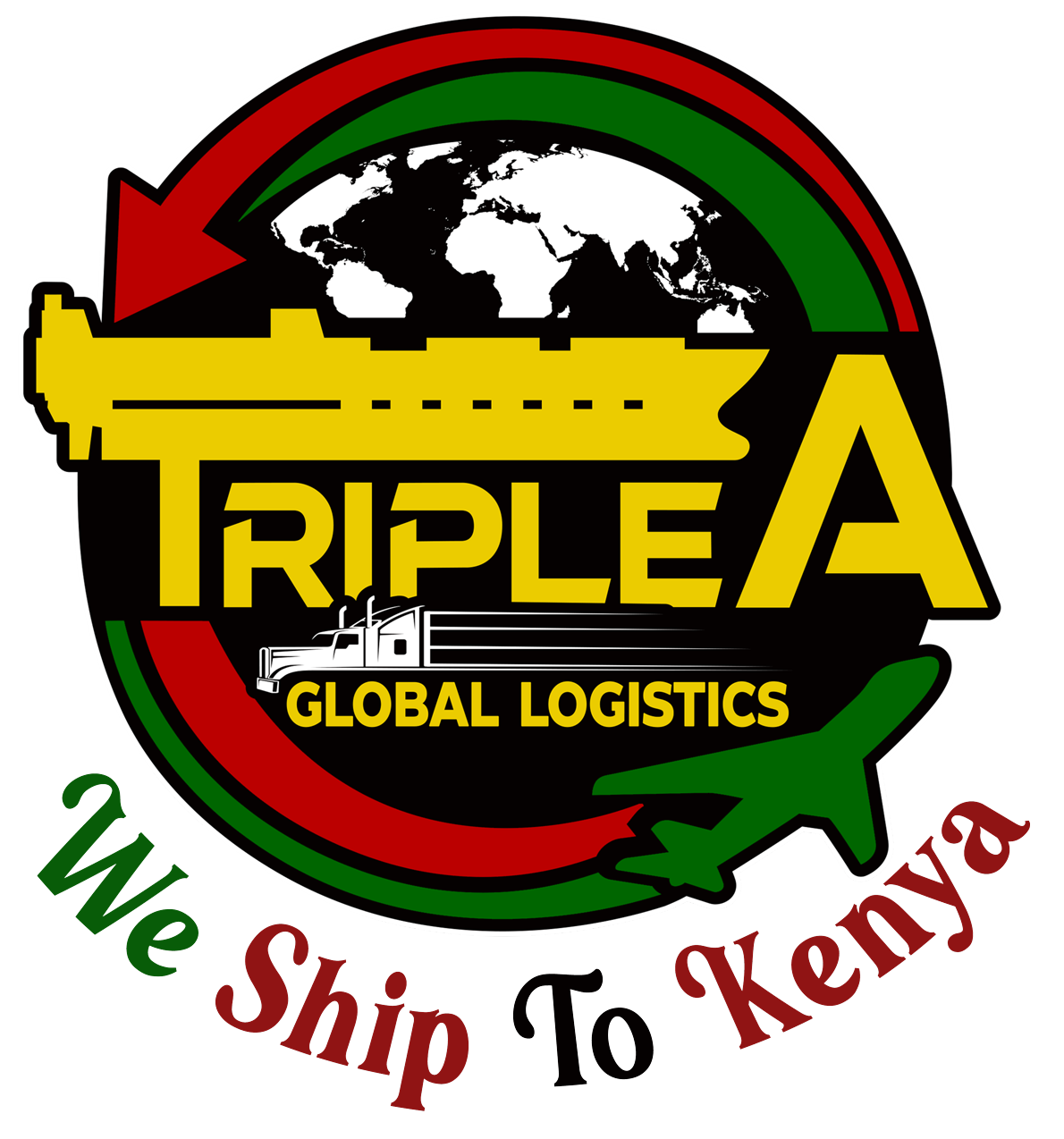Call Us:
+44(0)2039579445
+254 111 81 81 81
Mail Us:
info@tripleafreight.co.uk
Triple A
 In today’s interconnected cargo and freight transportation List of UK and world, plays a pivotal role in facilitating global trade. The movement of goods, whether by land, sea, or air, is crucial for economies worldwide. In this article, we’ll delve into the various cargo and freight transportation types, exploring their unique characteristics and the factors influencing their use.
In today’s interconnected cargo and freight transportation List of UK and world, plays a pivotal role in facilitating global trade. The movement of goods, whether by land, sea, or air, is crucial for economies worldwide. In this article, we’ll delve into the various cargo and freight transportation types, exploring their unique characteristics and the factors influencing their use.